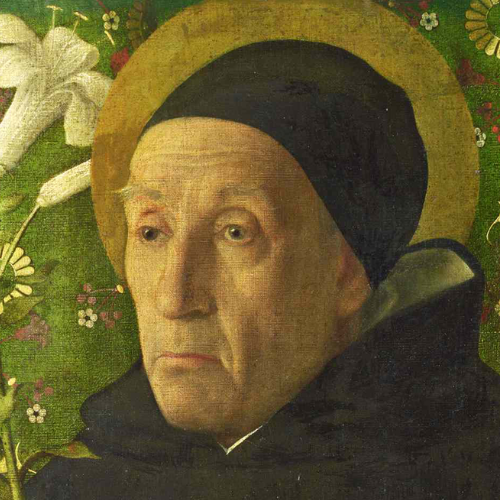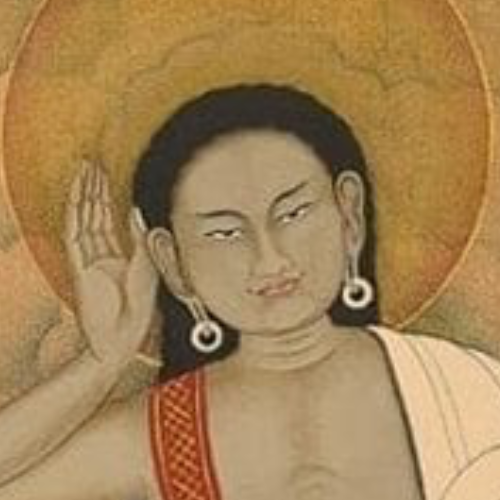The real Zen of the old Chinese masters was wu-shih, or "no fuss."
The moralist is the person who tells people that they ought to be unselfish, when they still feel like egos, and his efforts are always and invariably futile.
If we are not totally blind, what we are seeking is already here. This is it.
And the more you become aware of the unknown self - if you become aware of it - the more you realize that it is inseparably connected with everything else that is.
Do you have any control over being conscious? Do you know how you will?
When you feel that you are a lonely, put-upon, isolated little stranger confronting all this, you are under the influence of an illusory feeling, because the truth is quite the reverse. You are the whole works, all that there is, and always was, and always has been, and always will be.
...for thousands of years human history has been a magnificently futile conflict, a wonderfully staged panorama of triumphs and tragedies based on the resolute taboo against admitting that black goes with white.
For we have never actually understood the revolutionary sense beneath them – the incredible truth that what religion calls the vision of God is found in giving up any belief in the idea of God.
You are the universe experiencing itself.
This present moment never comes to be and it never ceases to be, it is simply our minds that construct the continuity of thoughts we call time. In the present moment is nirvana.
Society is our extended mind and body.
The Art of Being: A state of wholeness in which the mind functions freely and easily, without the sensation of a second mind or ego standing over it with a club.
The only way to make sense out of change is to plunge into it, move with it, and join the dance.
Everyone has love, but it can only come out when he is convinced of the impossibility and the frustration of trying to love himself.
More and more we try to effect an adaptation to life by means of external gadgets, and attempt to solve our problems by conscious thinking rather than unconscious 'know-how'. This is much less to our advantage than we like to suppose.
In reality there are no separate events. Life moves along like water, it's all connected to the source of the river is connected to the mouth and the ocean.
Nothing satisfies an individual incapable of enjoyment.
Nothing is more creative than death, since it has the whole secret of life. It means that the past must be abandoned, that the unknown cannot be avoided, that 'I' cannot continue, and that nothing can be ultimately fixed. When a man knows this, he lives for the first time in his life. By holding his breath, he loses it. By letting go he finds it.
It is the seeker, who understands there is more than what meets the eye, who is not afraid and makes the choice to go into the unknown. The process of awaking has begun, the discovery is underway.
We are the eyes of the cosmos. So that in a way, when you look deeply into somebody's eyes, you're looking deep into yourself, and the other person is looking deeply into the same self.
And it came to pass that in the hands of the ignorant, the words of the Bible were used to beat plowshares into swords.
No one imagines that a symphony is supposed to improve as it goes along, or that the whole object of playing is to reach the finale. The point of music is discovered in every moment of playing and listening to it. It is the same, I feel, with the greater part of our lives, and if we are unduly absorbed in improving them we may forget altogether to live them.
A less 'brainy-culture' would learn to synchronise its body rhythms rather than its clocks.








